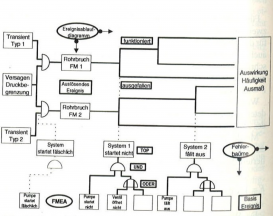Since the beginning of industrialization the safety of technological systems, the reliability of artifacts, and the avoidance of engineering accidents became more and more important to society. Technologically caused dangers and uncertainties became problems of increasing political and societal relevance when engineering failures resulted in accidents causing tremendous personal injury and property damage. As modern political constitutions and liberal economic and judicial systems evolved, it became necessary to decide on three things: How could dangers be detected and assessed in order to avoid or at least contain resulting hazards? Who should bear the responsibility for determining and controlling technological safety and reliability as a measurable characteristic of products, processes and systems? How could modern societies accurately assign the responsibility for the failure of an increasingly complex technology in order to render liability laws and insurance instruments efficient? Municipal authorities, national and state administrators, academics, entrepreneurs, the military, engineers, lawyers, doctors, associations representing business and industry, as well as users and insurance companies became involved in the problem of determining societally accepted forms of knowledge and norms and standards of technological safety and reliability.
The project aims at disclosing how the knowledge for determining the safety and reliability of technological artifacts, processes and systems was ascertained and negotiated among all the involved actors with each new wave of technologies, materials, and systems and within a constantly-evolving ecology of knowledge in society. At the core of our interest is the question how knowledge attains the status of evidence and in which relevant contexts this evidence influences decisions.

